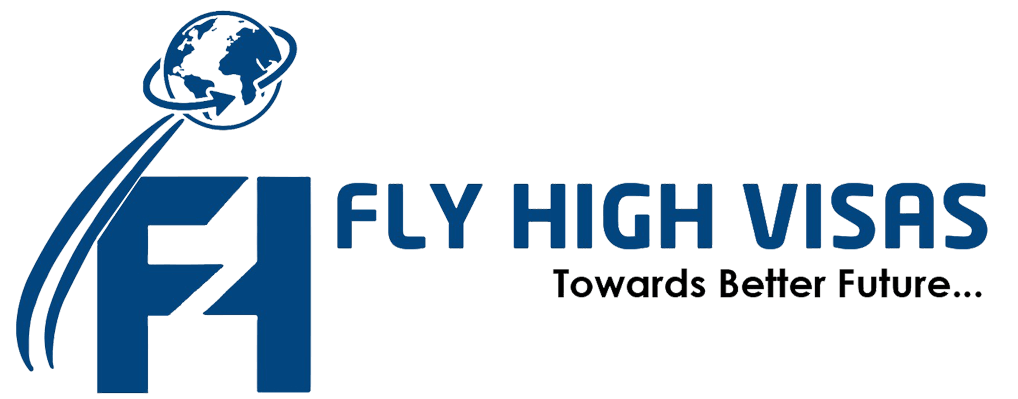Introduction
The future of nearly 300,000 Indian students studying in the United States has been thrown into uncertainty as the U.S. government moves towards dismantling a key work visa program that has long been a pathway to professional opportunities after graduation. The Optional Practical Training (OPT) program, which permits international students to work in the U.S. for a limited period after completing their studies, is now under threat amid rising political and legal scrutiny.
The Importance of OPT for Indian Students
For years, the OPT program has been a critical bridge for international students, especially from India, to gain valuable work experience and transition into long-term employment. After graduation, OPT allows students to work for up to 12 months in their field of study, with those in Science, Technology, Engineering, and Mathematics (STEM) fields eligible for a further 24-month extension. This practical training not only enhances students' career prospects but often serves as a stepping stone to securing an H-1B work visa — a coveted, though highly competitive, route to long-term employment in the U.S.
Indian students, who make up a significant portion of the international student body in the United States, have been among the chief beneficiaries of this system. In fact, Indians account for over a third of the total international student population in the U.S., and a substantial majority of them enroll in STEM programs, making OPT extensions crucial to their career aspirations.
Rising Legal and Political Pressure
The current move to restrict or potentially end the OPT program stems from multiple factors. Critics argue that the program has been misused by certain institutions and employers, leading to the exploitation of students and undercutting of American workers. Some lawmakers and advocacy groups have pushed for tighter regulations, claiming that the program creates unfair labor competition.
Adding to the pressure, legal challenges have been mounting. Lawsuits from worker advocacy groups have questioned the legality of OPT, arguing that it operates as a shadow guest-worker program without adequate congressional oversight. If these challenges succeed or if the government moves to withdraw support for the program administratively, it could lead to a sharp decline in the number of Indian students choosing to study in the U.S., significantly impacting universities financially and culturally.
Potential Impact on Indian Students
For Indian students currently enrolled in U.S. universities, the possibility of losing access to the OPT program is deeply concerning. Without OPT, students would have to leave the U.S. immediately after completing their academic programs unless they secure another visa — a difficult task given the limitations and delays associated with employment-based visa categories like the H-1B.
Moreover, without the opportunity to gain U.S. work experience post-study, the return on investment for an American education would diminish considerably. Many students take on significant financial burdens to pursue higher education abroad, banking on the prospect of working in the U.S. after graduation to recoup their investments. The sudden loss of that opportunity could deter future applicants, leading to a significant drop in enrollment numbers from India.
Broader Implications
The potential rollback of the OPT program could have far-reaching effects beyond the Indian student community. American universities heavily rely on international students, particularly from India and China, for tuition revenue and research contributions. A decline in enrollment could strain university budgets, affecting domestic students as well.
Additionally, industries that depend heavily on a pipeline of skilled graduates from U.S. universities — particularly technology, engineering, and healthcare sectors — could face talent shortages. This could hurt America's global competitiveness in innovation and research.
What Lies Ahead
While the future of the OPT program remains uncertain, many stakeholders are lobbying to protect it. Universities, business leaders, and student organizations are advocating for the preservation of OPT, emphasizing its role in maintaining the U.S.'s leadership in education and innovation.
For Indian students already in the U.S. or planning to pursue studies there, it is crucial to stay informed and prepared for potential changes. Consulting with immigration experts, exploring alternative visa options, and staying engaged with advocacy efforts could help navigate the evolving landscape.
At this critical juncture, the U.S. faces a pivotal decision: whether to continue welcoming global talent and reaping the associated benefits or to retreat inward, risking its reputation as the world's premier destination for higher education.
Fly High Visas is one of India’s best immigration consultancy. Our Immigration Services are designed to equip our clients with thorough information about the immigration process, enabling them to make informed decisions. Fly High Visas







Leave a Reply
Your email address will not be published.